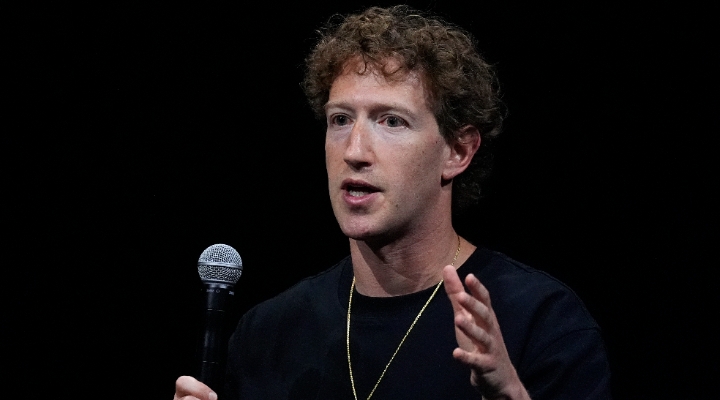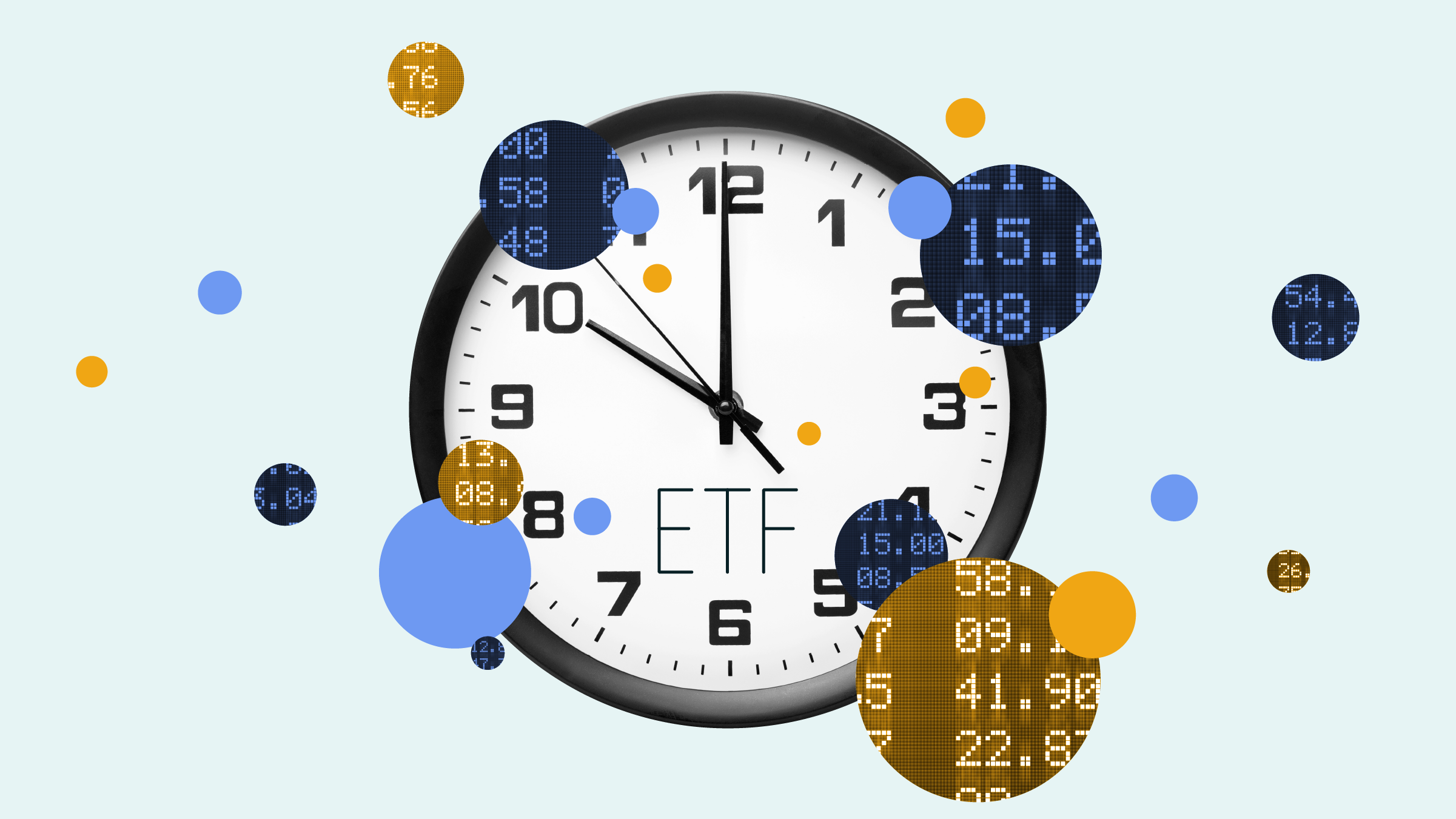Jonathan Miller: Hello today I'm joined by Brian Kersmanc, Portfolio Manager at GQG Partners. Welcome Brian.
Brian Kersmanc: Thank you very much. Great to be here.
JM: Right. So GQG stands for Global Quality Growth, can you just explain a bit what that means to you and also how valuation of stocks fit within that framework?
BK: Yeah, absolutely. So in terms of quality, we believe that there is a dynamic view of quality over time. There's different areas where quality will exhibit itself and sort of fade over time, and the example I love to use here is energy. So people 10 years ago might have said after the shale collapsed that Exxon is not a high quality asset. It's commoditized, there's no differentiation in the product and things like that, but if you go 20, 30, 40 years ago, you ask room full of people is Exxon a high quality product. They will say absolutely yes, it was a very blue chip company and all my sort of pension funds and things like that, the largest market cap company in the world. So what we need to determine as investors is why that was quality then, what was perceived to be, have a lack of quality over the last couple of years and why we think it actually could exhibit quality on a go forward basis again going ahead.
In terms of the valuation piece and the valuation aspect of it, we want to make sure we're paying a reasonable price. So even when we look at things that are "value" types of names, I'm not necessarily paying for that valuation expansion. I just need to be able to get that return from an EPS and dividend yield perspective, assuming that multiple stays flat, the multiple increases from there, that's a call option. On the growthier end of the spectrum, I may bake in some conservatism to make sure I'm not paying too much for that growth opportunity, so the headroom of that opportunity set that comes down, I'm not baking in too much, but we're also very valuation sensitive on that aspect.
JM: Okay, so looks like you're very much bottom up driven. But can you give us an idea of today with a macro framework and things have changed a lot even over the last decade. What comes in from the top down, if at all?
BK: Absolutely. So we are a bottom up shop, the way I like to describe it is we're macro aware. And by macro aware I mean even a company like Nestle for example, if you're getting the macro wrong and they're not able to price through inflation or cost or pass through the cost, that's still going to be a problem, they're going to run into headwinds. And even if it's a stable asset, that's a problem. So you have to be aware. But really, the bigger way that we use macro is in terms of this concept of a switch on versus a switch off. We won't buy a name based on a switch on. We won't say, hey, Brazil looks fantastic, we need to go find a bunch of names that fit the bill. It will grow organically based on the fundamental bottom up work. But in converse we could apply a switch off in that situation, if there's a geopolitical or macro situation, we'll allow that to override the fundamental bottom up thesis and we'll exit out of an entire group of names on that premise, so it's more of risk management tool.
JM: You mentioned Nestle example, (during) inflation, but can you just give us an idea of just how you see companies as a whole really because, cost of debt is increasing, squeeze consumers, can they pass on margins? What's going on there from your side of things.
BK: So I think this is the interesting aspect of the market right now. I think this is where it's becoming very idiosyncratic in terms of what companies can actually pass through those costs, what companies can absorb those costs. I think about there's a whole slew of very cheap debt that was taken on over the course of COVID for a lot of different reasons, a lot of that debt's going to be coming due in the next couple of years that you'll have to refinance. So how does the consumer sort of absorb that behavior? How do companies absorb it and how do you find the ones that you can best sort of navigate your way through that type of environment. Up to this point the consumer has held up remarkably well both in the European context and the U.S. context. Job market remains robust, so I think if you find the right companies that can take advantage of some of these opportunities and things that people need basically and are able to pass through the prices in various different areas then I think you can do pretty well.
JM: Okay. And very briefly now, you've brought back into some of those loved FANG stocks from – they were popular, say a decade ago well over a decade, for the decade really drove markets up. You bought Apple in Q3 last year, Meta recently, Alphabet recently, you see them clearly they've got a good growth trajectory from here. So very briefly just on some of those, what's your view there?
BK: So one of the big issues that we had with a lot of these companies is that especially like a Meta and an Alphabet is that people weren't necessarily reflecting or realizing and appreciating the cyclicality in those businesses. Their ad driven revenue models and they're sort of being lumped into this bucket of these high quality long term compounders and people weren't pricing in the potential slowdown that could happen and they were assigning higher multiples as if was sort of a compounder. What we were believing is that it is going to as digital advertising sort of filled out and stop taking as much share from linear advertising, because there's not as much to share from that. They would start acting more cyclical like the underlying markets. So think of like an ad driven revenue model, something like a WPP, a Publicist, those types of names, Omnicom, they trade at high single digit, low double digit types of multiples.
Well now Meta and Alphabet have traded more in that range that mid to high teens multiple. So it is reflected as a cyclical still a high quality business. There are some green shoots in terms of advertising reaccelerating and impressions coming back and they're managing their costs better. So it's allowing them to drive a little bit more of that cash flow. Apple is honestly just a staple of a compounder and we think that people are just mispricing the services opportunity on the back end of that. You look at the growth and even the resale market of Apple phones globally, that's all contributing to a user base, so to speak. And they continue to monetize that much higher margin business over time. So we like that as a compelling opportunity as well.
JM: Okay, fantastic. Thanks very much, Brian.
BK: Thank you so much.
JM: For more news, views and analysis of fund managers, feel free to visit morningstar.co.uk or any of our other international websites.



















